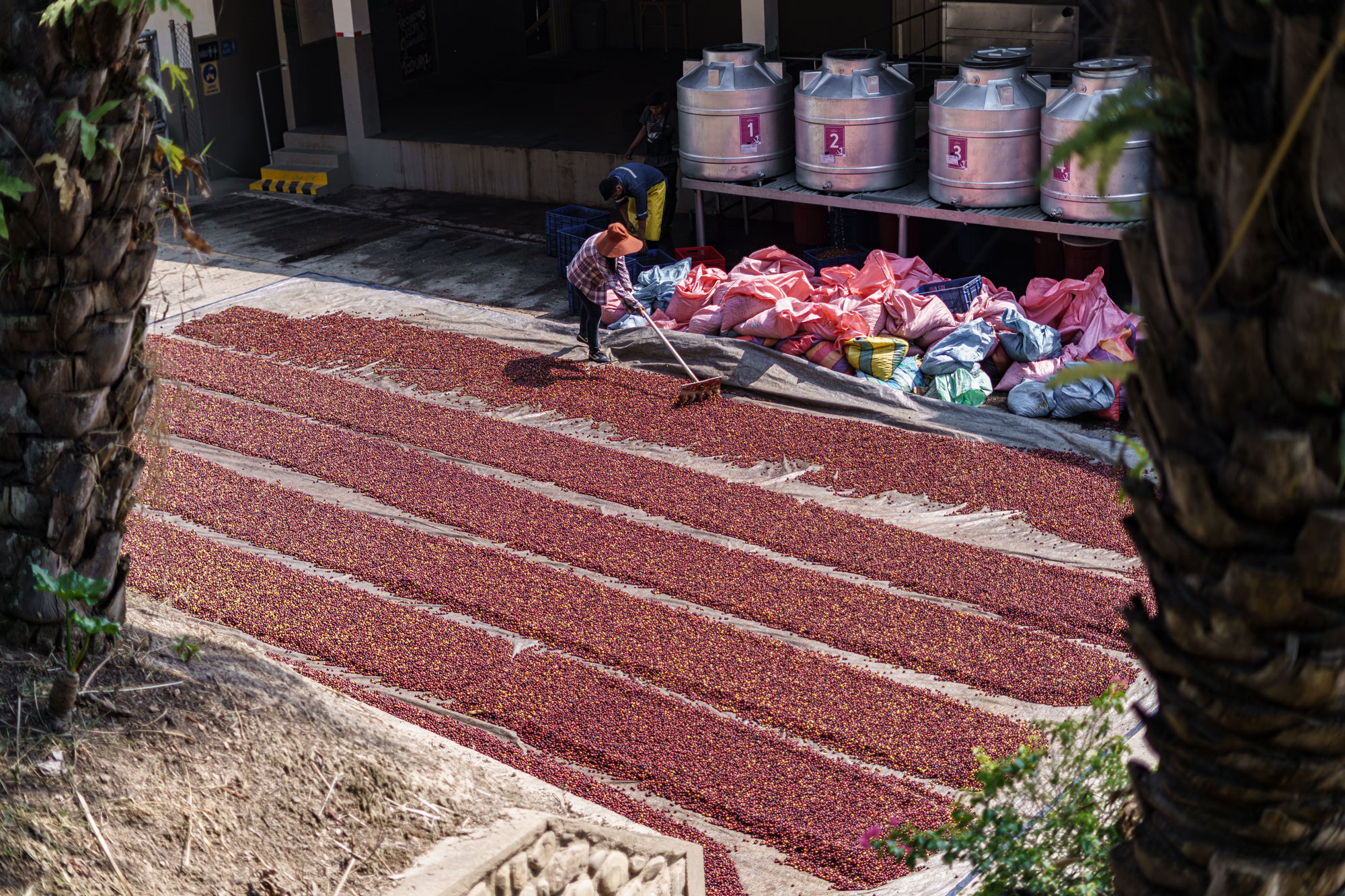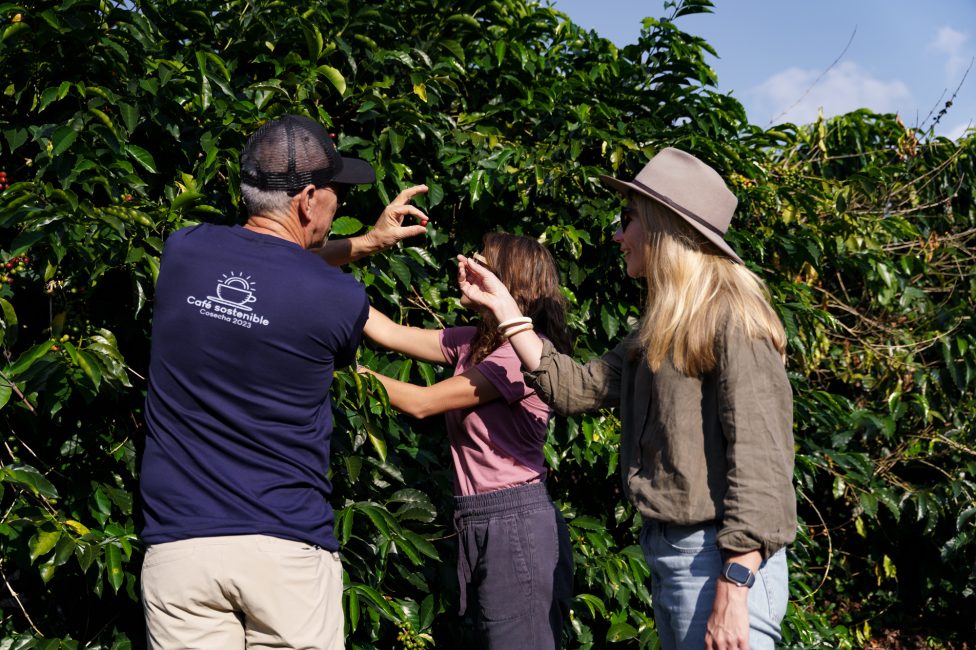Unpacking Agricafe’s Processing Practices
Published 22 Jul 2024
Bolivia is an incredibly special country to source coffee from, and one that we have proudly represented since the early days of Melbourne Coffee Merchants. For over a decade, we’ve worked closely with the Rodríguez family of Agricafe Bolivia to develop and build a market for Bolivian coffees in Australia. Each time we visit this dedicated family we are inspired and motivated by their passion to elevate and showcase Bolivia’s delicious coffees. Here, we share more on the Rodriguez family’s forward-thinking approach and their innovative processing practices.
Founded by Pedro Rodríguez in 1986, Agricafe Bolivia has been leading the way for Bolivia’s coffee industry for nearly forty years. Today, the company runs under Pedro’s attentive stewardship with the help of his two children: Pedro Pablo, who heads the family’s agricultural programs, and Daniela, who is in charge of their commercial operations. Agricafe produces coffees lots grown at their own farms, Fincas Los Rodríguez (located in the growing regions of Caranavi and Samaipata), and processes coffees from smallholder, independent producers who are part of the Sol de La Mañana mentorship program. Coffees from both sources are exported to support Agricafe’s longterm plan to establish a more sustainable coffee industry in Bolivia.
In recent years, the Rodriguez family has gone to great lengths to elevate the quality and complexity of the coffees they produce. Taking inspiration from the wine industry, Agricafe have introduced a number of innovative fermentation and drying techniques to their wet mills Buena Vista (in Caranavi) and El Fuerte (in Samaipata). The result is a wide array of offerings that are simply exquisite, with each region and variety’s characteristics shining brightly on the cupping table.
As Daniela Rodríguez shared with us, this was an imperative in the family’s plan: “We really wanted to show the diversity of Bolivian coffee! [Thanks to the new processing practices] I think everything from Samaipata tastes very, very sweet, with a creamy texture and more of a tropical and stone fruit acidity. Caranavi is more floral and delicate, with a citric acidity.”
One of the goals of our most recent visit to Bolivia was to document the family’s processing practices, to clearly communicate just how exceptional — and laborious — they are to our coffee community at home. To achieve this goal, we partnered with a local videographer to create videos to explain and illustrate every step of Agricafe’s processing — from cherry delivery, through to export.
Check out the video for each processing method below, and get in touch if you’d like to learn more about our Bolivian sourcing program!

